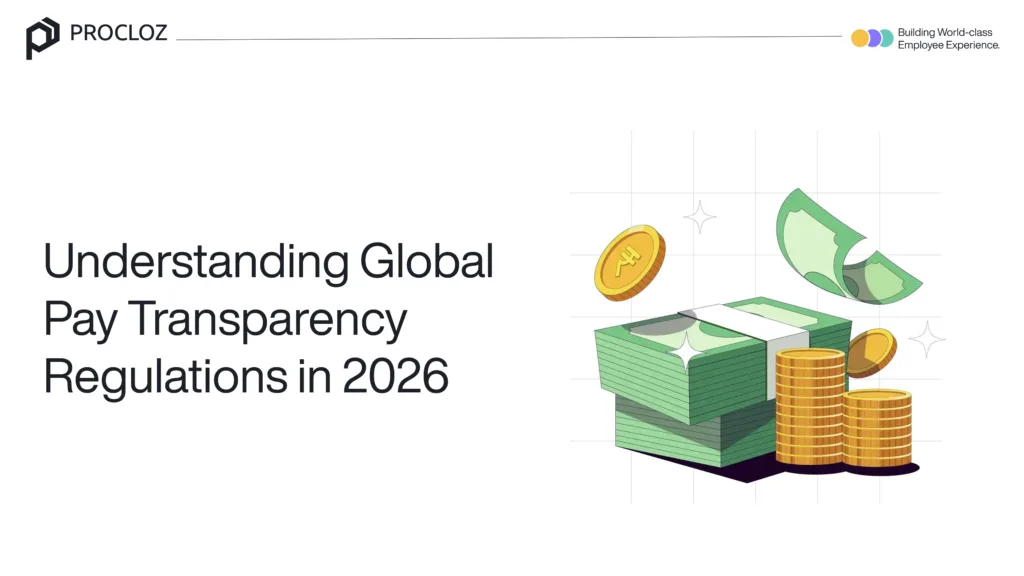Payroll taxes are the unavoidable costs of doing business. For many employers, it can feel like a hidden labyrinth, with complex rules and obligations that differ by region. But don’t worry, you’re not alone. Understanding ‘what payroll taxes do employers pay’ is crucial to staying compliant and avoiding costly penalties. Whether you’re managing payroll in Australia, Singapore, New Zealand, or anywhere else, it’s essential to grasp the full scope of these taxes to keep your business running smoothly. In this article, we’ll break down the key payroll taxes employers are responsible for, providing clear guidance on the crucial steps to ensure you’re on the right track. Let’s dive into the details and uncover exactly what payroll taxes do employers pay.
The Basics of Payroll Taxes: What You Need to Know
When we talk about payroll taxes, the first thing that comes to mind for many people is the amount of money deducted from their paycheck. However, for employers, the question of ‘what payroll taxes do employers pay’ is a bit more complicated. Payroll taxes encompass a wide range of obligations, not just those related to employee wages, but also the taxes an employer must contribute on behalf of their employees. The most common payroll taxes include:
Federal Income Tax Withholding
One of the most significant payroll taxes employers pay is the federal income tax withholding. This is not something the employer keeps for themselves; it’s essentially money that employees owe to the federal government based on their income. Employers are responsible for deducting this amount from each employee’s paycheck and sending it to the IRS. The amount deducted is based on the employee’s filing status, income, and the number of exemptions they claim on their W-4 form.
Social Security and Medicare Taxes (FICA in the U.S.):
Employers are required to contribute an equal amount to Social Security and Medicare taxes as employees. This is often referred to as the employer’s portion of FICA (Federal Insurance Contributions Act), which provides financial support for retirees, disabled individuals, and those in need of medical assistance.
Unemployment Taxes (FUTA and SUTA in the U.S.):
Employers must pay federal and state unemployment taxes to provide unemployment benefits for workers who lose their jobs. These taxes are separate from Social Security and Medicare.
State-Specific Taxes:
Different states or countries often have their own payroll tax obligations. For example, Australian payroll services require employers to contribute to the Superannuation Fund, which provides retirement benefits for employees. Similarly, in accordance with payroll services Singapore, businesses are obligated to pay into the Central Provident Fund (CPF), a national savings plan for retirement, healthcare, and housing.
Workers’ Compensation Insurance:
This tax covers the cost of medical care and lost wages if an employee gets injured at work. The exact tax rate varies depending on the industry and the risk associated with the job.
Local Taxes:
Some regions impose local payroll taxes that employers must contribute to. These could be used to fund specific local programs or public services, like public education or emergency response systems.
Employer vs. Employee Payroll Taxes
A common question among employers is: “What is the difference between the payroll taxes employees pay and those employers pay?” The short answer is that both parties contribute, but in different ways. While employees directly pay into Social Security, Medicare, and other employee-focused programs through deductions from their wages, employers must match those contributions. Additionally, employers are on the hook for unemployment taxes and workers’ compensation insurance, which employees don’t pay.
While you’re figuring out what payroll taxes do employers pay, it’s crucial to remember that you’ll be responsible for more than just your employees’ wage deductions. This distinction is critical for compliance and ensuring that your business operates within the legal framework.
Employer of Record Services and Payroll Tax Management
As businesses expand into new regions, managing payroll taxes can become an even more complex task. This is where Employer of Record services can make a significant difference. These services help companies handle payroll and compliance responsibilities in countries where they don’t have a formal legal entity.
Employer of Record services help manage everything from tax payments to ensuring employees are properly classified, making them an invaluable tool for global businesses across multiple jurisdictions.
Staying Compliant: What You Need to Do
Navigating payroll taxes can be challenging, but there are steps you can take to stay compliant and avoid costly penalties. Here’s how:
- Know Your Obligations: Different countries and states have different payroll tax rules. Stay informed about the tax laws where your business operates, whether that’s payroll in New Zealand, payroll services in Australia, or another region.
- Work with Experts: To ensure you’re meeting your obligations, consider working with payroll services, either locally or globally. Companies offering global payroll Services can help ensure that your payroll taxes are handled correctly and on time.
- Utilize Technology: Consider using payroll software that automatically calculates tax deductions and keeps track of payments. This helps reduce human error and ensures that you’re never caught off guard.
- Consult with Professionals: If you’re unsure about what payroll taxes do employers pay, a tax consultant or payroll service provider can offer insights into the specifics of your situation.
Takeaway
So, understanding ‘what payroll taxes do employers pay’ is all about staying informed and proactive. From Social Security taxes to local taxes, every business needs to manage payroll taxes to stay compliant. Whether you’re handling Australian payroll or using Employer of Record Services to manage a global workforce, knowledge is power.
As the complexity of payroll taxes grows, the need for expert support becomes even more critical. Understanding your obligations today will help you avoid complications down the road, allowing your business to flourish and stay compliant, no matter where in the world you operate.




